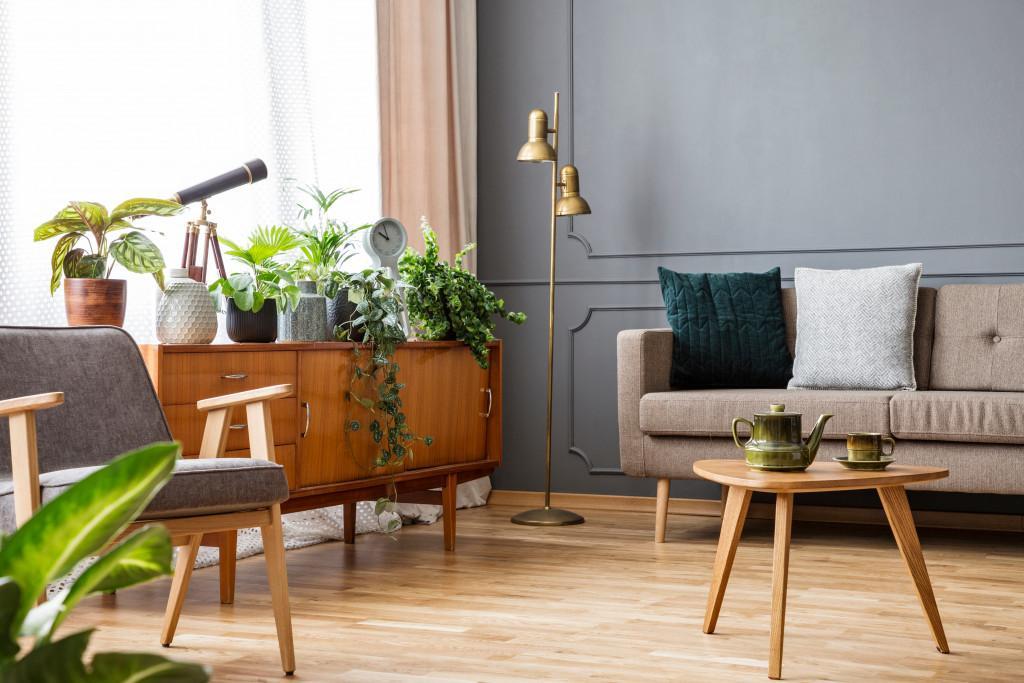Humans have an innate instinct to connect with nature. This is called “biophilia,” a term derived from two Greek words and means “love of life.” As humans make progress, we have disengaged and distanced ourselves from the natural environment. Most people live in cities where there is very little presence of green spaces. Instead of grass and trees, people are surrounded by concrete roads and tall buildings.
No wonder populations who live in urban areas are highly stressed and at risk of mental health conditions such as anxiety and depression. They long to walk in lush forests, climb steep mountains, and swim in blue ocean water.
Nature as a Healer
Many studies have found that nature has a healing effect on humans, further proving the connection between the two. In Japanese culture, there is a practice called “forest bathing” where people walk and spend their time in the natural environment to cure their physical and emotional ailments. Those who participate in the activity lower their heart rate and blood pressure, reduce stress and anxiety, and improve sleep. Moreover, some studies suggest that it can help the body fight cancer.
But, not everyone has access to nature, especially those who live in urban areas. That is part of the reasons why indoor plants have risen in popularity in recent years. Houseplants bring nature into any space, no matter how far away from a public park or a forest.
It turns out, the benefits of being in nature can be replicated at home. Adding these plants into your home will induce the same calm and wellness benefits of being in the natural environment.
Antidote for Anxiety
All plants can improve a person’s mental health but a snake plant, which is a popular indoor plant, is one of the best for those who suffer from anxiety. This plant is known for its ability to cleanse the air by removing toxins and pollutants. You can breathe with a sigh of relief, knowing that the indoor air in your home is not harmful to you and your loved ones.
Moreover, it is perfect for those who do not have the space to care for bigger plants since it grows vertically. It is also easy to care for because they thrive in almost any condition.
As it grows, a snake plant is said to improve mood and manage energy levels.

Meanwhile, lavender has been long known for its scent used in perfumes, skincare products, and essential oils. The flower creates a relaxing atmosphere by emitting a smell that tames the body’s fight-or-flight response.
In one study, scientists found that aromatherapy using lavender reduces anxiety in women during labor. The participants were made to inhale three drops of lavender oil every 8 hours and over weeks after childbirth to reduce the risk of postnatal anxiety, stress, and depression.
But, in contrast to the hardy snake plant, lavender is a little harder to keep alive. It originates in the Mediterranean, which means that it is accustomed to hot and dry weather. It has a better chance of survival as part of garden room interiors than inside houses as indoor plants. Lavender does not like too much shade, high levels of humidity, and overwatering.
Whether as a plant or in oil form, the scent of lavender will immediately provide relief from symptoms of anxiety.
Support for Better Sleep
Previous studies have also found that indoor plants can aid a person get better quality sleep. Researchers found that, by interacting with plants, people can fall asleep quicker and deeper, especially those living in isolated environments.
Cosmonaut Valentin Lebedev, in an interview, revealed that he sleeps near his plants on the Space Station Salyut.
Plants that have green leaves create the best impacts on sleep among the participants. The researchers used coriander and strawberry for the study. However, there are myriads of plants with green leaves. One plant that is good for sleep is aloe vera.
The plant is known to clean indoor air. Moreover, it produces oxygen at night. Both of these factors can lead to overall better sleep quality.
In addition, jasmine, a fragrant flowering plant, has a sedating effect that can put a person to sleep and keep them asleep throughout the night. It is more often seen outdoors, but it can also thrive indoors. Just make sure to leave it beside a window sill so it can get ample sunlight.
Plants are wonderful for a person’s physical and mental health. Because humans are innately connected to nature, the presence of foliage and flowers can have healing capabilities.

